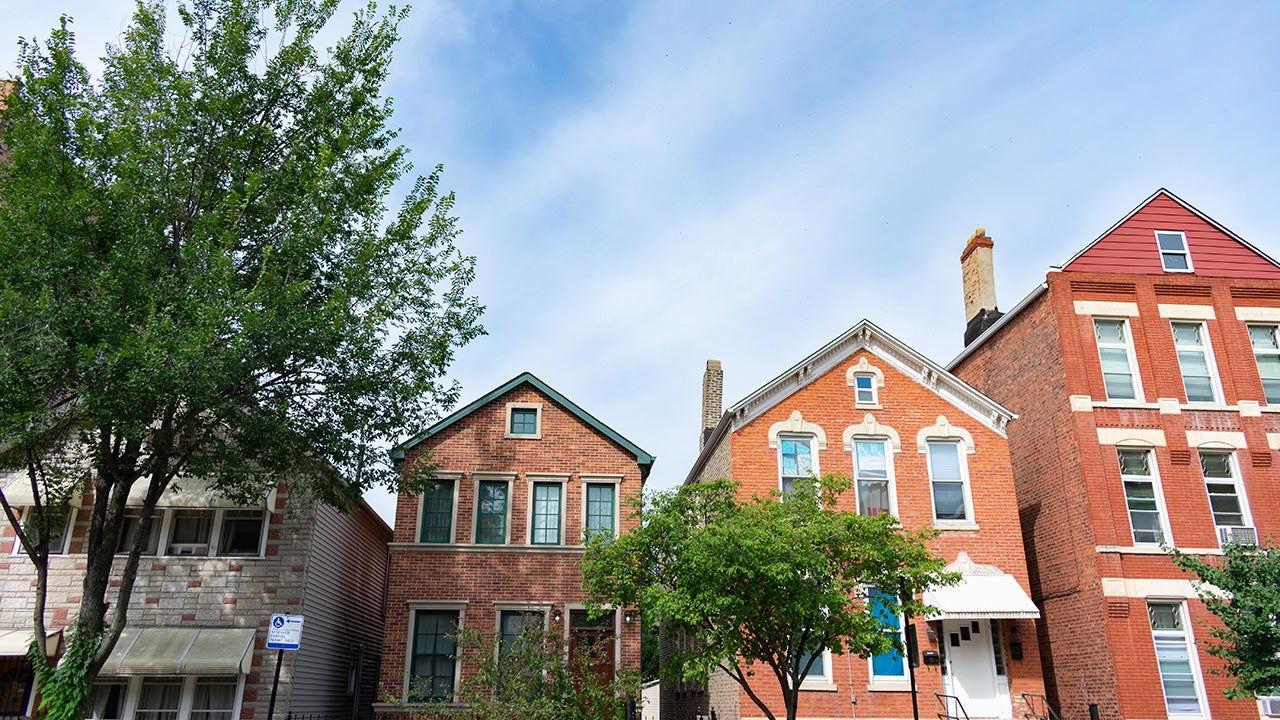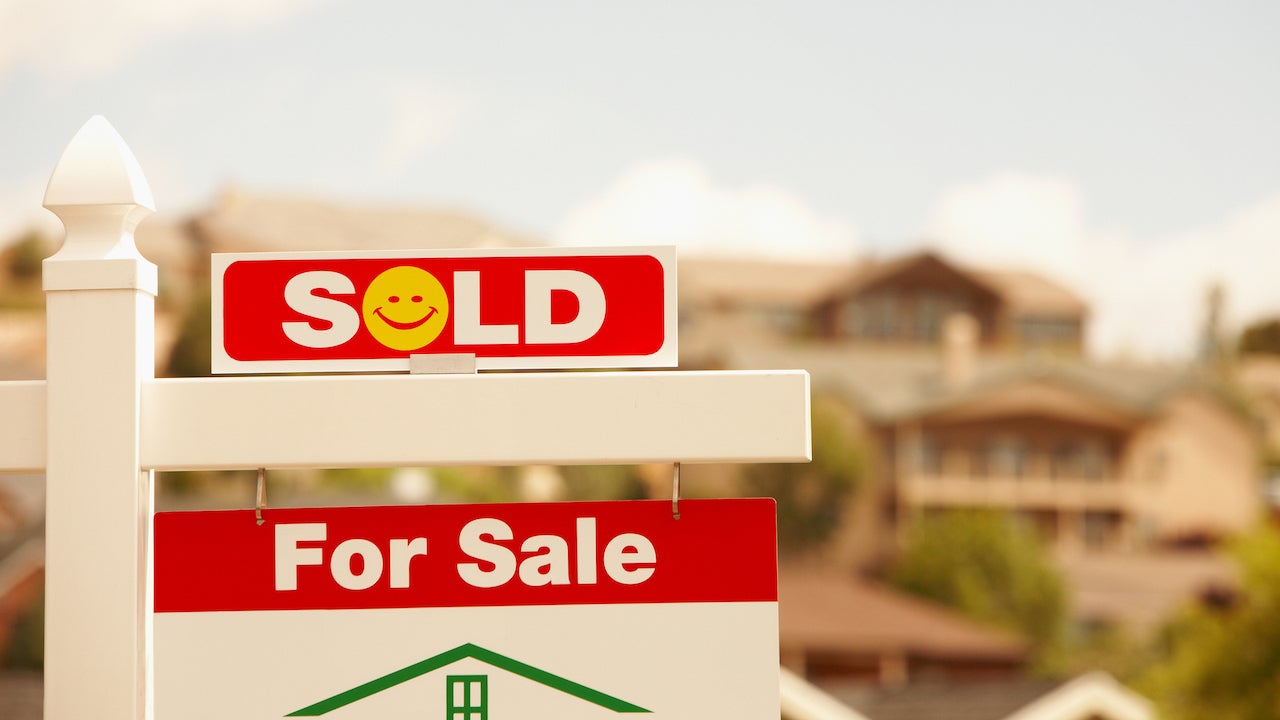Selling a house fast in Dallas

If you’re thinking of selling your house in Dallas, you’re sitting on a valuable asset. Some neighborhoods in the Dallas–Fort Worth metro area have seen home values increase by 270 percent over the past decade as more people look to plant permanent roots in North Texas. And while high mortgage rates are creating headwinds for the housing market, Redfin data shows that median home prices in Dallas are still rising sharply — up by 19.7 percent compared to last December.
While that’s all great news for sellers, there is bad news, too: Homes may eventually sell for a good price, but it takes a long time to get there. Homes here spend a median of 41 days on the market before going into contract, per Redfin, and that’s not including the time it takes to close after that. If you’re anxious to move a bit more quickly, you do have options though. Read on for everything you need to know about how to sell a house fast in Dallas.
How fast can you sell a house in Dallas?
If you’re in a rush to relocate, keep in mind that a traditional home sale takes longer than you might think. According to data from the MetroTex Association of Realtors, homes in Dallas County spent 44 days on the market in December 2023, with an additional 30 days after that before the transaction closed. That’s 74 days total, about two-and-a-half months from start to finish.
If you need to sell your house faster — for example, if you need the cash quick or you need to relocate for work immediately — the quickest route is probably selling to a cash homebuyer. There are many national, local and iBuying outfits to choose from in the Dallas area. These companies offer a remarkably fast and hassle-free deal, often closing in a matter of just a couple weeks and even buying in as-is condition, so you don’t have to make any repairs or upgrades to the home. But there’s a big downside: You’ll make less money on the sale than you would on the open market. If you have the time, you’re much more likely to make a better profit using an agent.
Things to consider when selling your house in Dallas
If you choose to sell the traditional way, with a local real estate agent, here are a few key questions to consider before you list your home:
How should you price your home?
Your agent will be the best source of advice when it comes to the biggest question in the selling process: How should you price your home? You can get a very basic idea of how much your house is worth online, but an agent will help you review similar properties that have recently sold, and can prepare a detailed comparative market analysis. Understanding what other buyers have been willing to pay for homes similar to yours will provide a good baseline for your own listing. Remember that the market is constantly shifting, and you may not be able to get the same price your neighbor got, or the same price that you might have gotten last year.
What kind of shape is your home in?
Selling a home is like going on a first date: You want to make a great first impression. A professional home staging service can deliver a love-at-first-sight look for your home. You could pay just a few hundred bucks for light decluttering and organizing, or more for a bigger project, such as long-term furniture rental. However, it can pay off in a big way by helping buyers envision themselves in the space.
In addition, many sellers are tempted to make big upgrades before listing, with the assumption that a new kitchen or a revamped home office will inspire a buyer to hand over a bigger check. That’s not usually the case. Most major remodeling projects fail to recoup their costs at resale, so you’re better off considering cheaper and easier ways to boost your property value, like upping the curb appeal or repainting.
It’s also important to think about repairs. Some things should be brought up to speed before you hit the market, but not everything needs to be fixed. For example, buyers won’t want to inherit an air conditioner on its last legs before another hot Dallas summer. However, they might be OK with scuffed hardwood floors or a dishwasher that has seen better days. Your real estate agent can help you gauge what projects are worth taking on.
What’s the market like in your neighborhood?
When you’re selling a house in Dallas, it’s important to think about where specifically in this sprawling metro area your home is located. Buying activity in your specific neighborhood is more relevant than overall Dallas–Fort Worth statistics. The time it takes to sell, and the amount you’ll sell for, can look very different depending on your location, so it’s important to work with an agent who knows your specific neck of the woods well.
What will you need to disclose to buyers?
Texas state law requires that you fill out a seller’s disclosure notice, which includes knowledge of any defects that could impact the property value or the safety of anyone living there. And if your home is part of a homeowners association, make sure you request documentation about the financial health of the association and its bylaws in advance. You’ll need to provide that information to buyers as well.
How much will all this cost?
Before you start tallying up your potential profit from the sale, don’t forget to think about how much it costs to sell a house. While you’ll benefit from the fact that there are no real estate transfer taxes in Texas, there are still some closing costs and fees for Dallas sellers to consider. A few common examples:
- Realtor fees: This represents the biggest chunk of cash that eats into your profit potential. Home sellers are responsible for paying their own agent’s commission fee as well as their buyer’s agent’s. These usually total somewhere between 5 and 6 percent of the home’s sale price. On a median-priced Dallas home, which is $407,000 per Redfin, 5.5 percent comes to more than $22,000.
- Title insurance: Sellers are usually on the hook for paying for the owner’s title insurance policy in the Lone Star State, although you might be able to negotiate splitting it with the buyer. If you do pay for it, budget somewhere between 0.6 percent and 0.9 percent of the sale price.
- Unpaid property taxes: Any outstanding property taxes up until closing day will need to be paid before you can finalize the deal. The same goes for HOA fees, if you’re part of a homeowners association.
- Attorney fees: You aren’t required to hire a real estate attorney in Texas, but you should anyway. It’s wise to invest in legal expertise to navigate the complexities of a real estate contract — there is a lot of money on the line, after all.
- Concessions: As buyers get a bit more bargaining power in today’s real estate market, and seller concessions — or offering to cover a portion of the buyer’s closing costs in order to sweeten or speed along the deal — are not unusual.
Closing day
Once you sign your name on the dotted line of a purchase agreement, you still have a few responsibilities on your shoulders. Time is of the essence, so respond to questions from your agent and your attorney as quickly as possible. You’ll also have to make sure the home is ready for the new owner. Be sure to schedule movers well in advance of the buyer’s final walk-through, and consider hiring a cleaner to make sure it’s in pristine shape. Review the closing statement to verify all the costs you’re slated to pay are correct. Once all the funds are transferred and the paperwork is signed, the deal is done. Whether you’re moving to a new neighborhood in Dallas or relocating to a new part of the world, you’re ready for your next adventure.
Why we ask for feedback Your feedback helps us improve our content and services. It takes less than a minute to complete.
Your responses are anonymous and will only be used for improving our website.
You may also like

How to sell a house by owner in South Carolina

Can I sell my house fast in Illinois?




